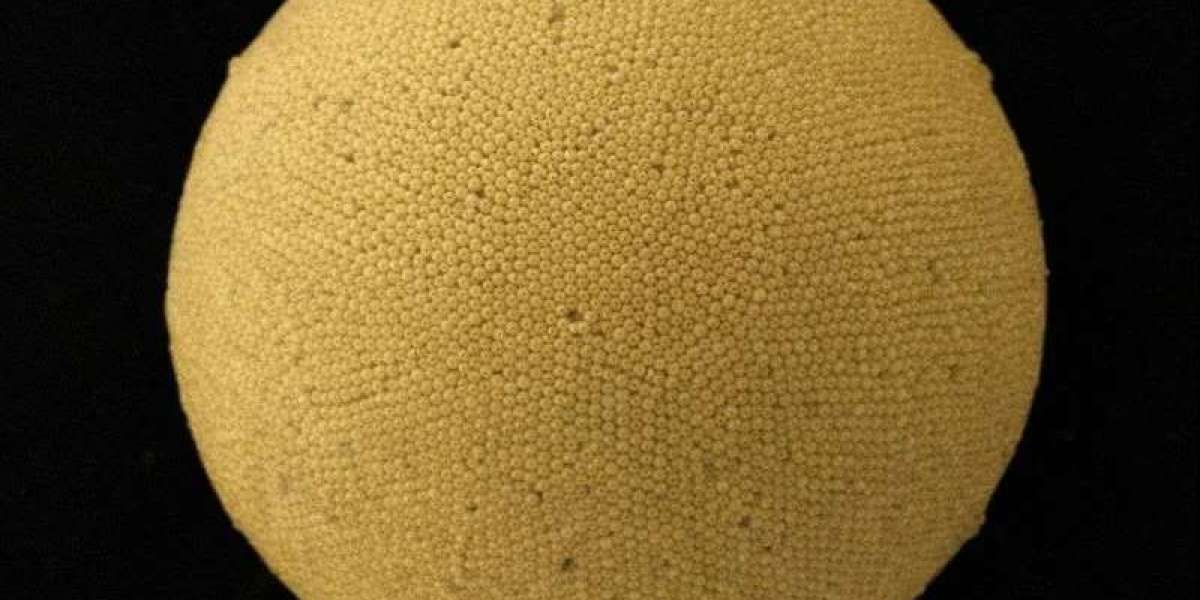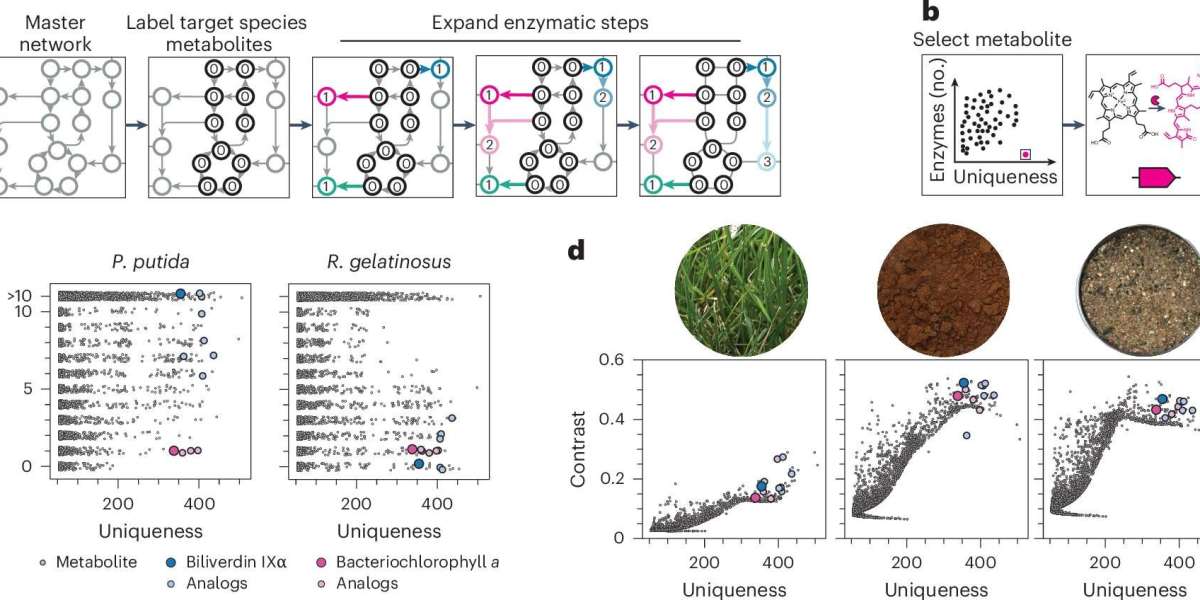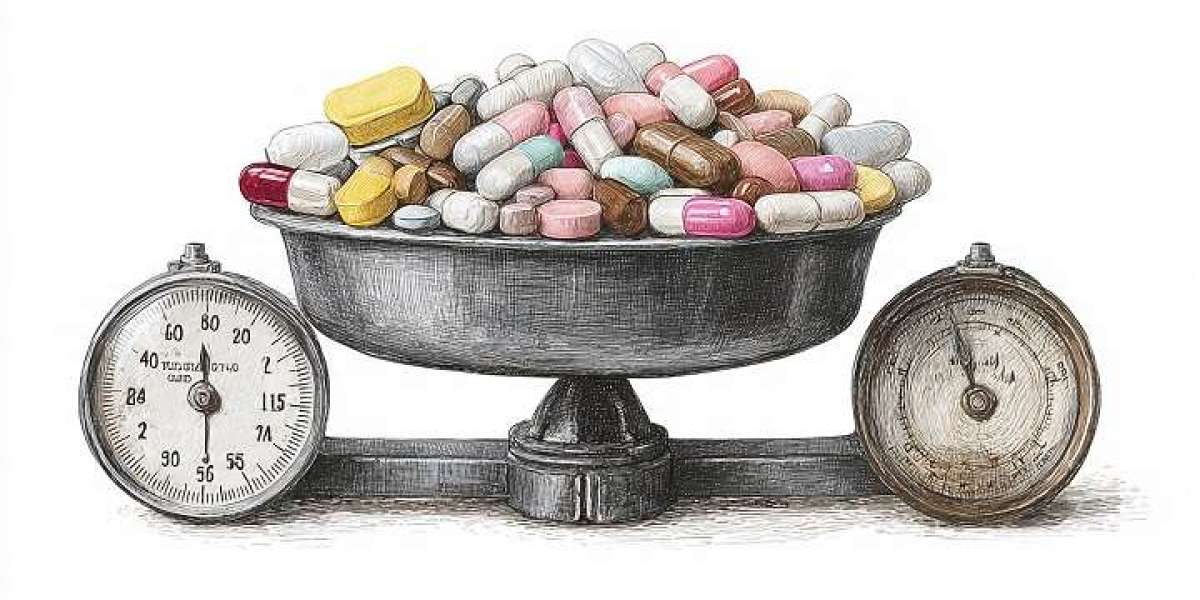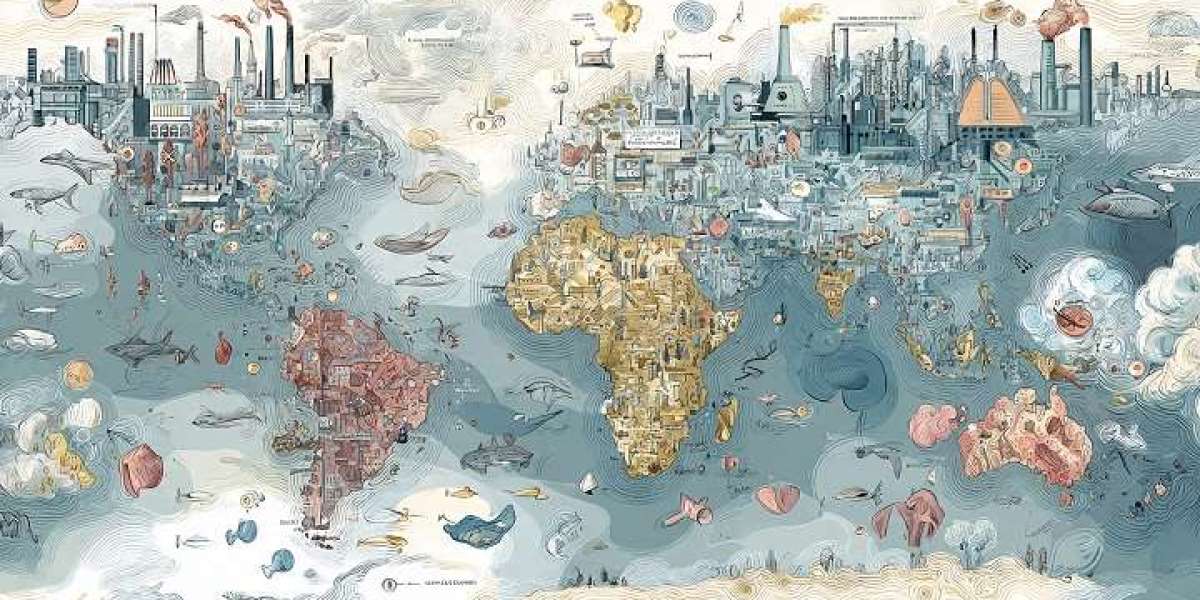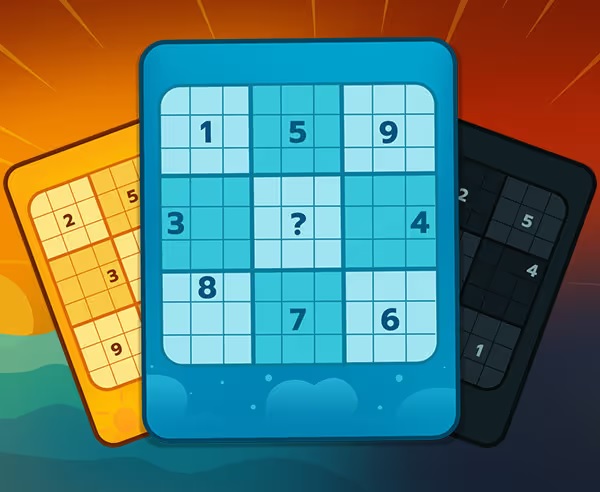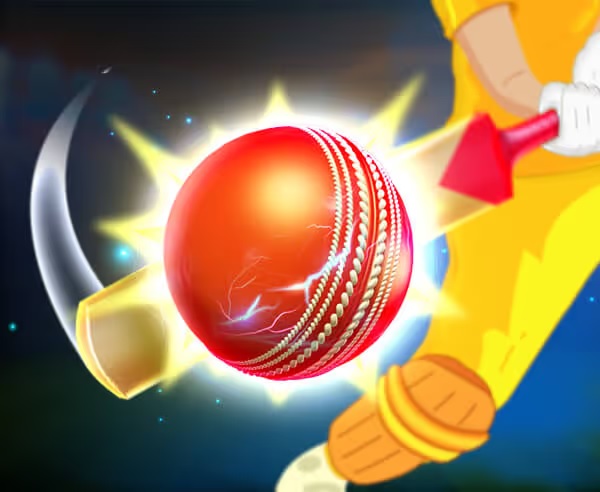article image source: freepik.com (link)
A Landmark Tournament for Global Football
The FIFA U-17 World Cup Qatar 2025 marks a historic turning point for world football. For the first time, the competition features 48 national teams and a total of 104 matches, transforming it into a true global festival of youth talent. The entire tournament unfolds across the ultra-modern Competition Complex at Aspire Zone in Doha, with the final scheduled for 27 November at the iconic Khalifa International Stadium — the same venue that hosted matches during the FIFA World Cup Qatar 2022™.
This year’s edition doesn’t just expand in size — it also carries strategic importance. The event serves as FIFA’s test platform for the 48-team format that will debut at the senior World Cup in 2026 across the USA, Canada, and Mexico. According to FIFA Senior Football Expert Pascal Zuberbühler, the competition marks “the beginning of a new global rhythm in football.”
advertisement
A Team of Experts Studying the Game’s Future
To capture and analyze the trends emerging from this expanded competition, FIFA has assembled a Technical Study Group (TSG) led by Zuberbühler himself. The TSG’s mission is to study tactical patterns, player development, and performance innovations throughout the tournament.
The group includes a distinguished lineup of former professionals and coaches from around the world:
Damien Duff, former Republic of Ireland winger and current coach.
Louis Carey, long-time Bristol City defender and youth coach.
Hérita Ilunga, former DR Congo international and now a football director.
Simone Jatobá, decorated Brazilian international and former coach of Brazil’s U-17 women’s team.
Ives Serneels, ex-Belgium women’s national coach.
Aron Winter, legendary Dutch midfielder and coach.
The TSG works closely with FIFA’s Football Performance Insights team, led by Arron Ackerman, Harvey Rutherford, and Alex Goddard. Together, they collect and interpret data on player performance, sharing insights on fifatrainingcentre.com. The group also has the responsibility of selecting winners for the adidas Golden Ball, Golden Glove, and Fair Play Award.
As Winter noted, the project isn’t only about data — it’s about “sharing the information that can help develop youth football and give young players the feeling of what it means to grow and learn.”
Managing Young Talent: The Challenge of Intensity
While the expanded format offers new opportunities for emerging nations, it also raises concerns about player workload and injury risks. Experts warn that some teenagers could play up to eight matches in just over three weeks, a demanding schedule even for well-conditioned athletes.
Sean Williams, a sports scientist from the University of Bath, emphasized that young players from top football nations often arrive with high cumulative training loads, while others from developing football countries face a sudden spike in intensity. This imbalance increases the likelihood of injuries, particularly to areas of the body that are still developing.
Additionally, factors like Qatar’s heat, long travel distances, and varying recovery systems among teams add to the challenge. For FIFA, this tournament also becomes a learning opportunity to study how youth development can evolve safely and sustainably on a global scale.
Qatar’s Sporting Legacy and Vision
For Qatar, the U-17 World Cup represents far more than hosting another international event. Over the next five years, the Gulf nation will serve as permanent host of the men’s U-17 World Cup, while Morocco hosts the women’s edition.
According to Kamilla Swart-Arries, a professor at Hamad Bin Khalifa University, this continuity is part of Qatar’s long-term strategy to establish itself as a world-class sporting destination. Building on the success of the 2022 World Cup and numerous other global events, Qatar aims to maximize its infrastructure and inspire a new generation through sports.
The choice of the Aspire Academy as the tournament hub supports that vision. It offers world-class facilities tailored for youth development and a more intimate setting that promotes family-friendly experiences. Swart-Arries also believes the event helps reshape perceptions of Qatar, showcasing it as a hub of opportunity, education, and hospitality.
On the Pitch: England’s Early Brilliance
On the field, the action has already lived up to expectations. England’s Young Lions made a strong statement in their group-stage encounter against Haiti, winning 8–1 at the Aspire Academy.
Chelsea’s Chizaram Ezenwata delivered a dazzling performance with a hat-trick, while Luca Williams-Barnett added two goals of his own. Further strikes from Reigan Heskey, Reggie Walsh, and Alejandro Rodriguez sealed the emphatic win.
The match highlighted England’s attacking depth and composure, as Neil Ryan’s side bounced back impressively after conceding once early on. It was not only a morale-boosting victory but also a glimpse of the tournament’s purpose — to reveal the next generation of stars ready to make their mark on world football.
Conclusion: A Glimpse Into Football’s Future
The FIFA U-17 World Cup Qatar 2025 is more than a youth competition — it’s a preview of football’s next frontier. It combines innovation, data-driven development, and global inclusion in a single event. For players, it offers a once-in-a-lifetime stage; for FIFA, a chance to test the future format; and for Qatar, a continued legacy as a sporting hub of excellence.
As Zuberbühler and his team of experts analyze every movement and pass, and as young players push their limits in pursuit of glory, one truth becomes clear: the future of football is already unfolding — and it’s happening in Doha.
Sources
Thank you !







